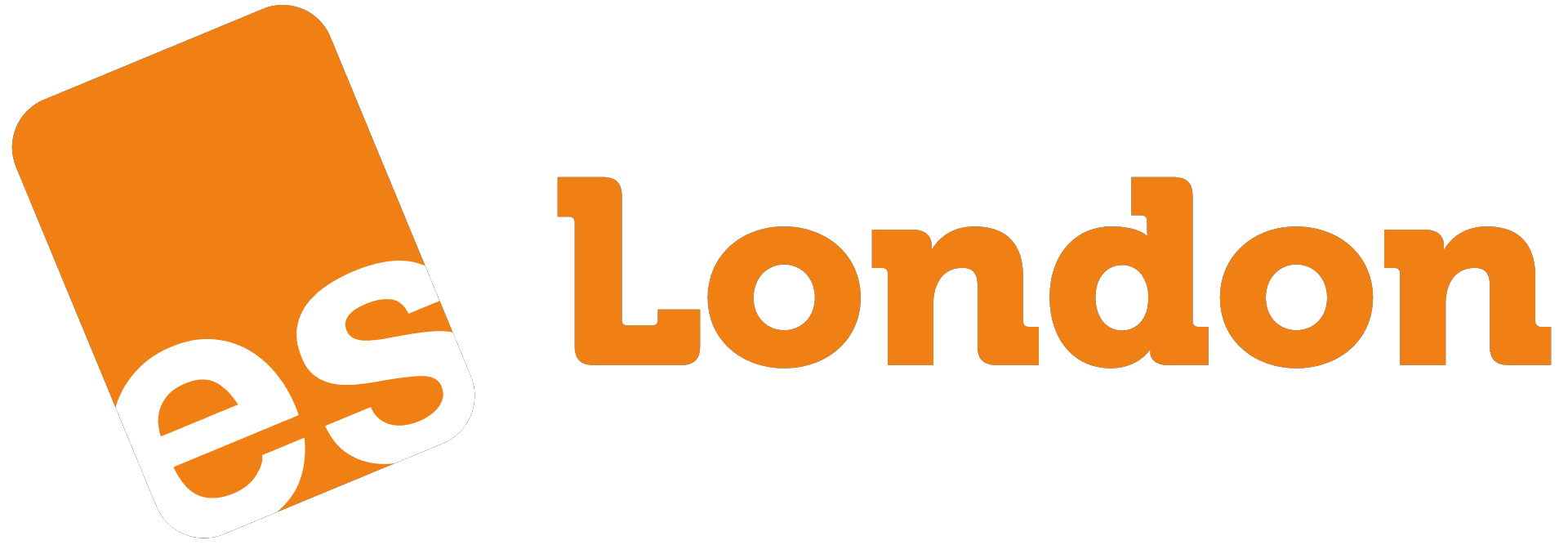
Common Mistakes That People Make While Applying for UK Visa
Ready to jet off to the UK? Make sure your visa application is on point by avoiding these common mistakes. Here’s your ultimate guide to a smooth UK visa application!

Like our Post? Share Now!
In London, one of the most complex mazes isn’t the streets of SoHo or the corridors of the British Museum—it’s the public transport system. If you’re eager to navigate London’s bustling public transport and brush up your English skills at the same time, this guide is tailored for you. Let’s take English studies in London a step forward and embark on a linguistic journey!

This little blue card is like the magic key to London’s transport kingdom. Load it with money, tap it in and out at stations, and you’re good to go! Why should you bother with an Oyster card? Paying with an Oyster is cheaper than buying a paper ticket. Use it on buses, trains, trams, the London Overground, and even the Thames Clippers!
Phrase to Remember: “I need to top up my Oyster card.” (Meaning: I need to add money to my card.)
Vocabulary Alert: Tap in/Tap out – The action of placing your Oyster card on a card reader at the start/end of your journey.
Zones – London’s public transport network, especially the Tube, is divided into zones that determine the fare.

Tube is British slang for the underground railway system that is the backbone of London’s transport network. With its distinctive map and lines like the Jubilee, Piccadilly, and Northern, it’s hard to miss. Inside a tube station, you must stand on the right of the escalators, let passengers off before boarding, and if someone offers you their seat, it’s a polite gesture—take it if you need it! The peak travel hours for tube systems are weekdays between 7-9 a.m. and 5-7 p.m. If you can, avoid travelling during these times to not get caught up in the heavy crowd. The ticket prices will also be comparatively higher due to the peak fares.
Phrase to Remember: “Which tube line goes to Buckingham Palace?” (This is helpful for getting directions.)
Vocabulary Alert: Platform – the area from where you board the tube.
Ticket barrier – the barrier where you present your ticket/oyster card to enter.

A journey on the top deck of these two-level buses offers a fantastic view of the city. There are *stop* and *stand* bus stops. ‘Stop’ is where you get on, and ‘Stand’ is where buses wait. Then, there are Night Buses that start with an ‘N’ and run all night. Handy for those late London nights!
Phrase to Remember: “Does this bus go to the West End?” (It is helpful to know if you are on the right bus.)
Vocabulary Alert: Route – the specific path or road a bus follows.
Fare – the price paid to travel.

The Overground (orange line) is like the Tube but mostly above ground, offering scenic urban views. This system has several lines connecting many boroughs, from Watford in the northwest to Croydon in the south. Trains are typically less frequent than the Underground, but stations and carriages can be less crowded too. The DLR (Docklands Light Railway) is a futuristic, often driverless train connecting East London and the Docklands. DLR offers a unique front-window view.
Phrase to Remember: “Is this the train to Stratford?” (It is helpful to know the right direction of the train.)
Vocabulary Alert: Terminus – the final destination or the last station on a railway route.
Station – A place on a railway route where trains stop to pick up or drop off passengers or goods.

Yes, you can sail in London! The Thames Clippers, also called the River Bus, are a scenic way to travel, especially between Central London and Greenwich.
Phrase to Remember: “I’d like a return ticket on the Thames Clipper, please.” (This is helpful to buy a round-trip ticket.)
Vocabulary Alert: Pier – A platform supported on pillars or girders where you board and disembark.
River Roamer – A type of ticket for the Thames Clipper that allows you to hop on and off all day.

The London Tram system is an integral part of the city’s transport network, primarily serving South London. Originating from Croydon, the trams cover Wimbledon, Beckenham, and other southern suburbs, connecting areas that aren’t on the main Tube or train lines. Trams generally run every 7-10 minutes, making them a reliable mode of transport, especially during peak times when you’re trying to avoid the hustle and bustle of busier Tube stations.
Phrase to Remember: “Which tram line takes me to the city centre?” (This is useful to board the right tram.)
Vocabulary Alert: Trackbed – the foundation where the tram tracks are laid, usually integrated into the urban streets.
Overhead Lines – overhead electric lines that power the trams using a pole or pantograph to connect.

Electric scooters, introduced as a more sustainable and efficient means of travel, have become an integral part of London’s urban landscape. They are becoming a popular way to get around, especially for short distances. Always ride safely and stick to designated zones. Scooters should not be ridden on footpaths, and it’s advisable to wear a helmet. Most e-scooter rentals require an app to unlock and pay for the journey.
Phrase to Remember: “Where can I park this scooter without getting fined?” (This is helpful to find the right parking spot.)
Vocabulary Alert: Kickstand – A device on a scooter that allows it to stand upright on its own.
Throttle – the part on the handlebar that you press or twist to accelerate.

Pedal power is big in London! With many dedicated bike lanes and cycle hire schemes, two wheels can be an excellent way to explore. Rental bikes are dotted around the city in docking stations and you can hire a bike, ride it and then dock it at another station near your destination. But remember to always wear a helmet! It’s a pay-as-you-ride system, with the first 30 minutes often being the cheapest. You can pay using your card at the docking station or via the official app. London boasts several ‘superhighways,’ which are routes specially designed for cyclists, making longer distance commutes by bike faster and safer.
Phrase to Remember: “Where’s the nearest bike docking station?” (This is helpful if you are looking to park your rental bike.)
Vocabulary Alert: Saddle – the seat where you park yourself for a ride.
Derailleur – This is the mechanism that moves the chain on a bike from one gear to another.
“Mind the Gap”: A warning to be careful of the space between the train and the platform.
“Alight here for…” means ‘ Get off here for…’
“Way Out”: These are Exit signs. No, they’re not telling you something is cool!
Citymapper: If you’re in London and feeling a bit lost, Citymapper is like your friendly local guide. It helps you figure out the best way to get around with real-time travel information, whether on the bus, Tube, or even by bike. No more puzzling over complicated maps or missing your stops.
TFL (Transport for London) Oyster: Think of it as your digital wallet for getting around the city. It’s a handy app where you can add money to your Oyster card, check your balance, or see your recent trips. There’s no need to queue at the station – just top up on your phone, and you’re all set to explore London.
Tube Map: This app is like having a mini-guide in your pocket. It shows you all the Tube lines, stations, and even how long your journey might take. It’s like having a little piece of London magic on your phone.
London’s public transport system might seem overwhelming, but it’s one of the best in the world. With some practice and these tips, you’ll be travelling like a local in no time. Apart from your usual language classes in London, every trip can be a chance to learn and practise English. So, remember to have fun, ask locals for help (a great conversation starter!), and soon, you’ll not only find your way around the city but also get a firmer grasp on your speaking skills through our language courses in London.
Like what you read? We love to keep you updated about everything at ES. Check out our different courses, exciting facts about London, news, updates, amazing success stories from us and much more.

Ready to jet off to the UK? Make sure your visa application is on point by avoiding these common mistakes. Here’s your ultimate guide to a smooth UK visa application!

English speaking classes help students learn the vocabulary and techniques to speak English fluently. Pronunciation is an important part in this, and here’s how we can help you.

English courses can help you get a strong foundation of the language. However, it is important to keep practising and here are the best ways to maintain your English level.
We don't say that,
We make learning English a memorable and fun experience for every student. We pride ourselves in the family-like atmosphere of our school. By learning and discovering London with us in a diverse community, your school will become a second home!

We offer full time and part time English courses to international students.